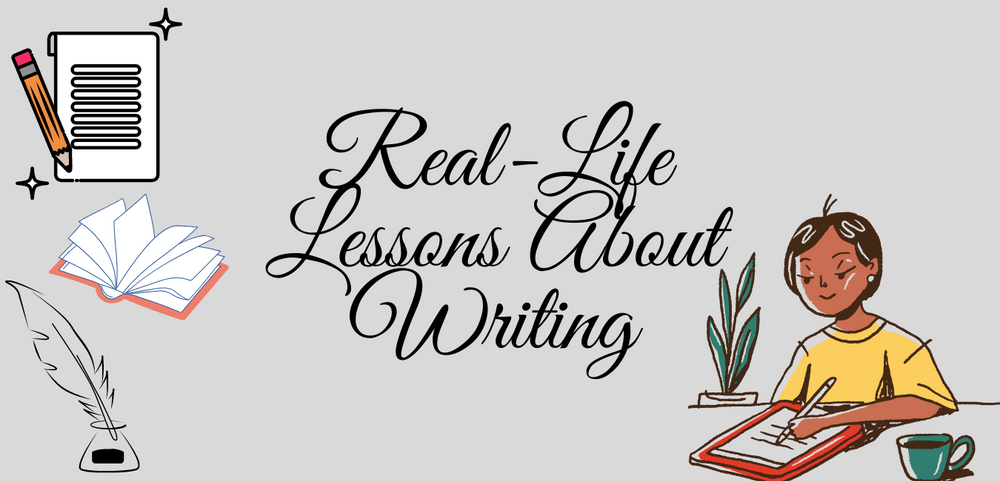Writing will teach you many things about life, but what’s especially amazing about it is that it prepares you for how to live. More insights into the art of writing will assist us in our daily lives.
By studying writers we admire, we may deduce information about creativity, motivation, and personal development.
1. Individuality
Individuality is an essential principle to extend to everyday prose, too. Every individual’s experience is different. Nonetheless, we prefer to imitate the judgments, behaviors, or behavior of others due to the anxiety we all feel in facing personal change.
However, this is most certainly the case with writers who aspire to write like an author whom they admire and find that their writing is insidiously mundane. No creature that devours his kin will enter paradise. “Writers are hard to find. Novelists’ needs are screaming for new and creative characters and fresh narratives. It would be difficult to recognize today’s literature the day after tomorrow.” To be concretely interpreted, the advice can be understood as “write your own story,” but it can also be applied to one’s own life.
2. Acquire knowledge by reading.
Plenty of writers have expressed the opinion that you must read extensively to become a great writer. It is maybe the best way to get into and maintain lifelong learning. “If you don’t use your imagination, you’ll run out of it. Otherwise, you’ll run out of ways to describe or speak of stuff.”
This advice has utilitarian purposes as well; following it helps you broaden your vocabulary and give you a glimpse into the intricacies of writing a story. Moreover, reading, as a method of learning, is useful in everyday life.
Of course, you can read for enjoyment, but you can also read to develop yourself—to learn something new or better understand the emotions of others. “The best way to get familiar with a new topic is to write about something related to it” Even if you aren’t planning to write your narrative, reading is important for your education and understanding.
3. Permit yourself to screw up.
If you are a perfectionist, you will want to remove your false teeth when reading this blog. But don’t overestimate yourself; if you don’t learn from your mistakes, you will never know how much you’ve accomplished. You won’t develop much as a human.
Artists know what it’s like to be afraid of making mistakes but also know how vital it is sometimes to allow those mistakes to occur. Creating something new usually involves making mistakes, so mistakes aren’t necessarily fatal; in fact, they’re beneficial because there’s no way to succeed if one doesn’t make an effort to correct them. There is an old writing rule which says: “Have the courage to make bad mistakes.” Don’t be afraid to fail.
4. Criticism
The truth is, as it is often said, however, that both criticism and praise are painful to take. Negative feedback is unavoidable for writers. Roddy Doyle urges writers to be adaptable. And it’s not true that a good idea always triumphs over adversity. Receiving feedback is painful, and letting go of your previous assumptions and preconceptions about it is equally liberating.
The other side of the story is sometimes told before you hear it. When Anne Rice argues that “anyone can be a critic, but writers are invaluable,” she is stating the obvious. When she encourages writers to “listen to critiques and preferences of their trustworthy first readers,” however, she is pointing out something that many others overlook. By extension, we should ignore the naysayers and pay attention to the suggestions of the nice people as well.
But because we must make mistakes to benefit from feedback, we also need to know when we are wrong to grow in our writing and personhood.
5. Integrity and Authenticity
A truthful approach is often useful. everywhere. If you get a good agent, thank him. If you get a bad agent, find another “There’s only one reason to keep an honest, undocumented journal, and that’s because no one else will read it. just jot down your views about life, your views about what is unfair, what you consider to be wrong, or your gripes about what is evil”
Taking the time to examine one’s personal qualities and those of others encourages writers to think deeply, which enables them to convey heartfelt and accurate ideas.
Resolving to be truthful is difficult, but you can gain mastery of the process by writing in your journal.
